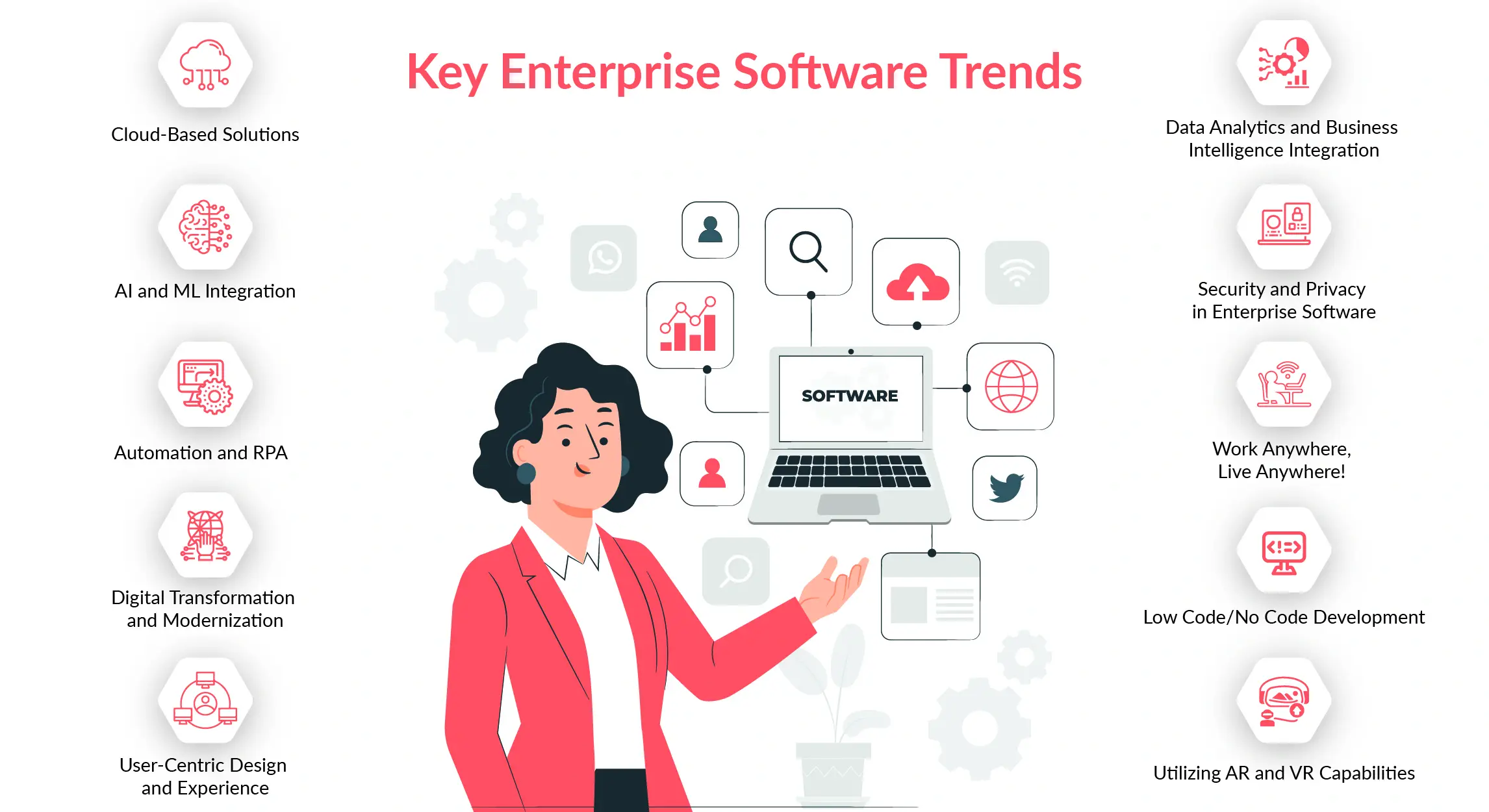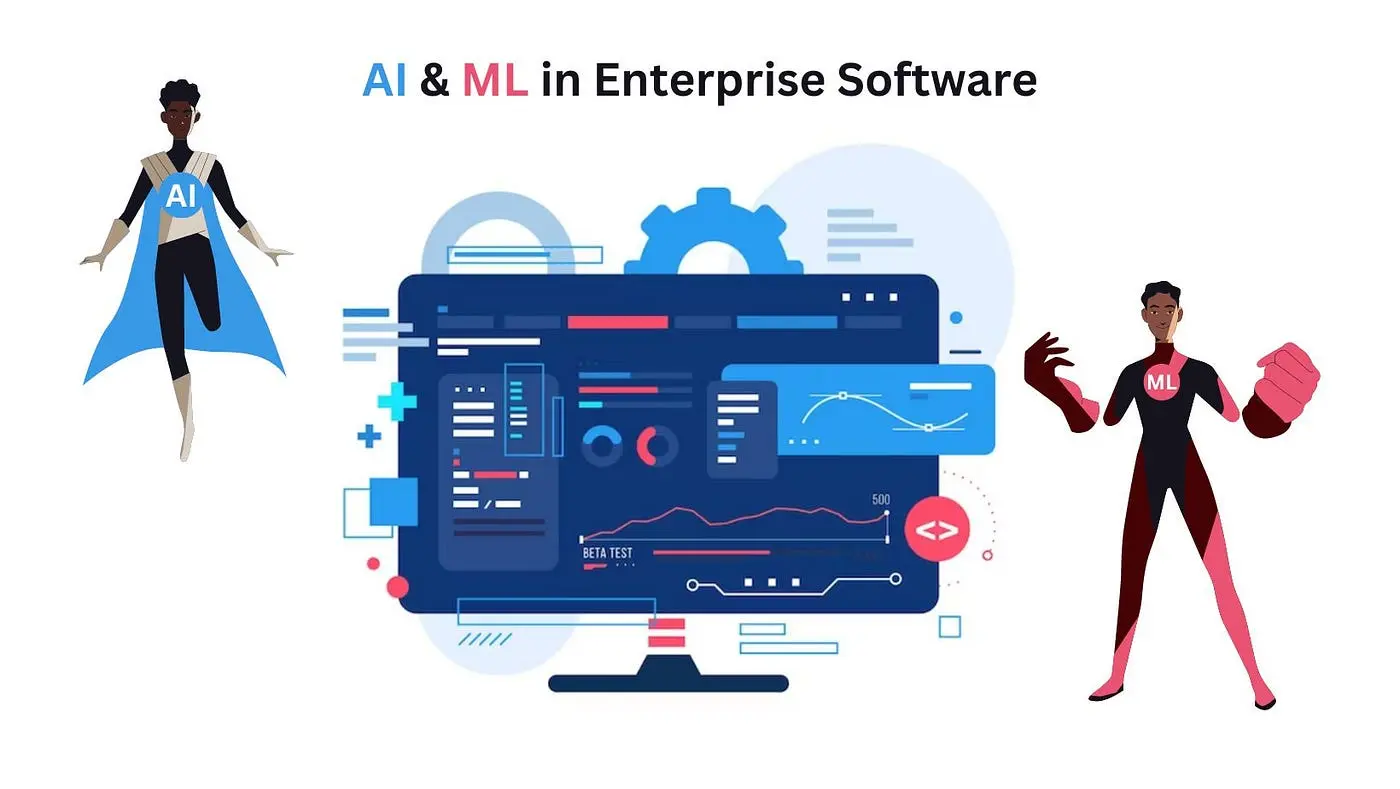This guide breaks down what an MBA really offers in today’s fast-changing economy, the formats available, who it's for, and what kind of ROI you can expect.
What Is a Masters in Business Administration?
A Masters in Business Administration (MBA) is a graduate-level degree that focuses on developing leadership, strategy, finance, marketing, and analytical skills. It prepares professionals to take on management roles or run businesses of their own.
While the MBA has long been associated with finance and consulting, today’s programs are far more diverse—offering specializations in tech management, entrepreneurship, sustainability, healthcare, and more.
Types of MBA Programs: Which Format Fits Your Life?
One of the most important decisions you'll make is choosing the right MBA format for your career and lifestyle.
| Type | Duration | Best For |
|---|---|---|
| Full-Time MBA | 1–2 years | Career switchers, recent graduates, immersive experience |
| Part-Time MBA | 2–4 years | Working professionals who want to study while working |
| Online MBA | Varies | Remote learners, international students, flexibility seekers |
| Executive MBA (EMBA) | 1–2 years | Senior professionals with 10+ years experience |
| Global MBA | 1–2 years | Students looking for international exposure |
Many schools now offer hybrid options, blending in-person intensives with remote learning.
Top Reasons to Pursue an MBA Degree
So, why do professionals invest in an MBA? Here are the most common (and compelling) reasons:
- Career advancement – move into leadership or C-suite roles
- Industry change – pivot from one sector to another (e.g., from engineering to product management)
- Higher earning potential – MBAs typically see salary increases of 50% or more
- Entrepreneurship – gain business skills to launch and grow a startup
- Global network – connect with alumni, mentors, and potential investors
How Much Does a Masters in Business Administration Cost?
Let’s talk numbers. The cost of an MBA varies greatly depending on the institution, program length, and delivery format.
| Program Tier | Avg. Tuition (USD) | Avg. Starting Salary Post-MBA |
|---|---|---|
| Top 10 U.S. MBAs | $150,000+ | $155,000+ |
| Top Global MBAs (Europe, Asia) | $70,000–$120,000 | $110,000–$140,000 |
| Online MBAs | $25,000–$50,000 | $80,000–$100,000 |
| Executive MBAs | $90,000–$140,000 | Often remains undisclosed |
💡 Tip: Many students receive scholarships, employer sponsorships, or access to federal/student loans.
What Will You Learn in an MBA Program?
Core subjects in any MBA curriculum include:
- Finance and Accounting
- Strategic Management
- Marketing and Sales
- Operations & Supply Chain
- Data Analytics
- Organizational Behavior
- Business Ethics & Leadership
You can also tailor your experience with electives or concentrations, such as:
- Entrepreneurship
- Digital Marketing
- Product Management
- Healthcare Leadership
- Artificial Intelligence in Business
Admissions: How to Get Into an MBA Program
While each school is different, here are the general requirements for MBA admission:
- A bachelor’s degree from an accredited institution
- 2–5 years of professional experience (more for Executive MBAs)
- GMAT or GRE scores (though many programs are now test-optional)
- Letters of recommendation
- Resume and personal statement
- Admissions interview
💡 Pro Tip: Some top schools now value career trajectory and leadership potential more than just test scores.
Is an MBA Degree Worth It in 2025?
It depends on your goals—but here are some facts:
- According to the Graduate Management Admission Council (GMAC), 89% of MBA grads say the degree was worth the investment.
- Graduates from top programs often recoup tuition costs within 3–5 years.
- In many industries (finance, consulting, tech), an MBA is still a major differentiator.
That said, ROI depends heavily on your industry, location, and post-MBA job.
Popular Schools Offering a Masters in Business Administration
Some of the world’s leading MBA programs include:
In the U.S.:
- Harvard Business School
- Wharton School – University of Pennsylvania
- Stanford Graduate School of Business
- MIT Sloan
- Chicago Booth
Globally:
- INSEAD (France/Singapore)
- London Business School (UK)
- IESE Business School (Spain)
- CEIBS (China)
- HEC Paris (France)
Many of these schools now offer online MBA options or accelerated programs.
Final Thoughts: The MBA Degree Is Changing—So Are the People Who Earn It
A Masters in Business Administration isn’t just about climbing the corporate ladder anymore. It’s about expanding your options, growing your leadership capacity, and entering the next phase of your professional life with confidence.
Whether you want to build a startup, lead in the nonprofit sector, or transition into tech, the MBA can be your launchpad.









